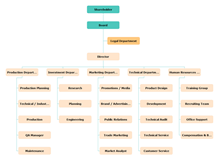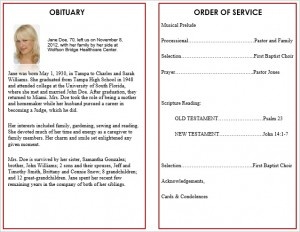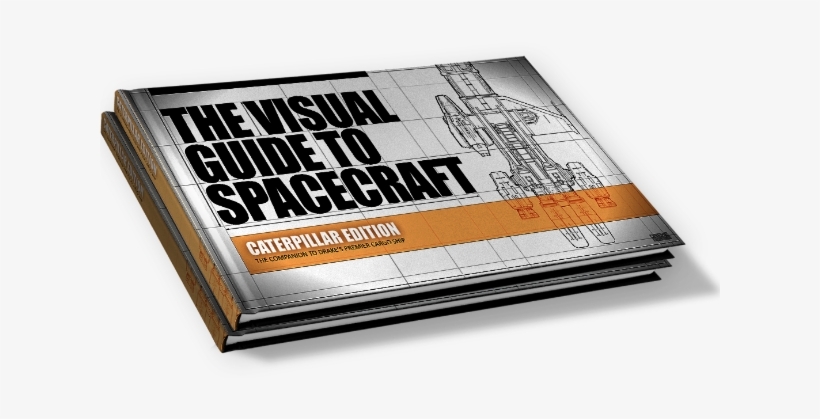Content

The sanguine personality type makes up about one-third of the general population. The melancholic personality type makes up about 41% of the general population. They are sceptical of everything and it’s not easy to gain their trust https://business-accounting.net/ — they feel a need to do their own investigation regarding the way things work, in order to make their mind up about them. Work tends to absorb their full attention to the point that they become unresponsive to the outside world.
What is the 4 temperament theory?
The idea of the four temperaments traces back to an Ancient Greek medical theory that there were four fundamental bodily humors (blood, yellow bile, black bile, and phlegm) which could cause illness if they were out of balance.
Often referred to as “the thinker,” the melancholic type is extremely thoughtful, which naturally makes them deep-thinkers, good at analyzing complex problems in detail. They are organized, tidy, neat, abide by strict work ethic, always finish what they start and are very focused on the task at hand. The melancholic personality profile is good with charts, graphs and any other way of graphically showing and assimilating information. However, next to thinking too much, they also feel too much, often tending to lean to the pessimistic side.
Temperaments compatibility
Someone with a phlegmatic personality is usually a people person. Sanguine people are typically poor at tolerating boredom and will seek variety and entertainment. Naturally, this trait can sometimes negatively affect their romantic and other relationships. For example, the predominance of a phlegm humor corresponds to a Phlegmatic personality type. Different people have different proportions of these fluids; the predominance of one fluid defines one’s temperament and psychological type. Humorism, an ancient medical concept, is at the heart of this typology.

Early in the twentieth century, there were several scientists who suggested physiological processes to account for differences in the temperament categories. Notably, Ivan Pavlov, famed for his contributions to learning and conditioning theory, applied the neurophysiological concepts of excitation and inhibition to explain the four temperament types. Introversion and extraversion types were included in an all-encompassing theory of personality developed by Carl Jung. In his theory, personality was determined by innate dispositions , culture, and conscious and unconscious processes. In 1929, from current knowledge of the nervous system, William McDougall outlined a hypothetical chemical theory that presaged our contemporary understanding of the biological basis of introversion–extraversion. In his proposal, greater cortical inhibition, mediated by a hypothetical neurochemical factor, effected the behavioral restraint and reticence exhibited by introverts.
Personality – Theory of Four Temperaments
However, if they wait a bit and get closer, they can discover something truly staggering. By definition, choleric types hold the “toughest nut to crack” 4 temperaments description. Finding someone who shares their focus and competence can be rejuvenating, as choleric people generally tend to be mistrustful of others. These matches are personality and temperament examples of how two pluses go very well together. The ultimate fun match, these people are likely to go on tireless adventures together and always be on the lookout for exploration and conquering new peaks. Given the sanguine temperament tendency to indulge in unsafe and destructive behavior , this combination might be explosive, if not approached with caution. This match shows how the introverted humors can sit well together.
Psychometric Discrimination: The Polarized And Misunderstood World Of Personality Assessments – Forbes
Psychometric Discrimination: The Polarized And Misunderstood World Of Personality Assessments.
Posted: Wed, 08 Feb 2023 12:00:00 GMT [source]
Knowledge of one’s own temperament pattern can help manage and even prevent such stress….Read more… Do you think you may have traits of the dark triad personality? You may use character and personality to refer to the same aspect of your Self. But they’re not the same and may impact your health differently. Knowing your primary or secondary temperament can be a powerful self-awareness tool to help you notice behavior patterns.
Four Temperaments Test
It dates back to Ancient Greece and unravels some of the key psychological concepts still used today. It was called the ‘four temperaments’ theory, and is the oldest proto-psychological theory known. As mentioned in the personality theory article, your temperament can be identified by the strength of your preferences.
- Their mechanical and technical nature enables them to operate many kinds of tools and instruments.
- Four temperaments are also sometimes referred to as “function pairs”, or “roles”.
- In four less-ideal types, one of the four qualities was dominant over all the others.
- The temperaments help us zero in on our weak areas and be more confident in our strengths (even if they’re different from others’).
- The four temperament system, while interesting, was seen as flawed even back then as some people did not fit with any of the presented humors, so a neutral temperament has been used.
- Like the sanguine personality, the phlegmatic has many friends.
There is a tendency to be fun-loving,to let go of things easily and to like change and diversity. Although the sanguine person can be very caring, if imbalanced, they can be superficial. The choleric temperament is marked by passion and they can be great leaders Four temperaments or if inbalanced, dictators. The choleric temperament is represented by fire and the season of summer. Cholerics are action-oriented and like to get things done, applying a great deal of energy and heart to achieving, often looking for challenges.
Contents
People of this temperament prefer cooperative actions with a focus on standards and norms. Their orientation is to their past experiences, and they like things sequenced and structured. They tend to look for the practical applications of what they are learning.
The four choleric temperament personality types are listed below. Known as “the doer,” the choleric is the most insensitive of all the temperament types. Given their extreme practicality and straightforwardness, they aren’t particularly regarded as good companions or very friendly types. Even if the temperaments are not an exact science, traits can be useful and predict things about people.
The Modern Lady Podcast
Such holistic sorting of behavior patterns has been recorded for at least twenty-five centuries. Therefore, people with the same temperament presumably act alike since they would perceive a situation in a similar way.

